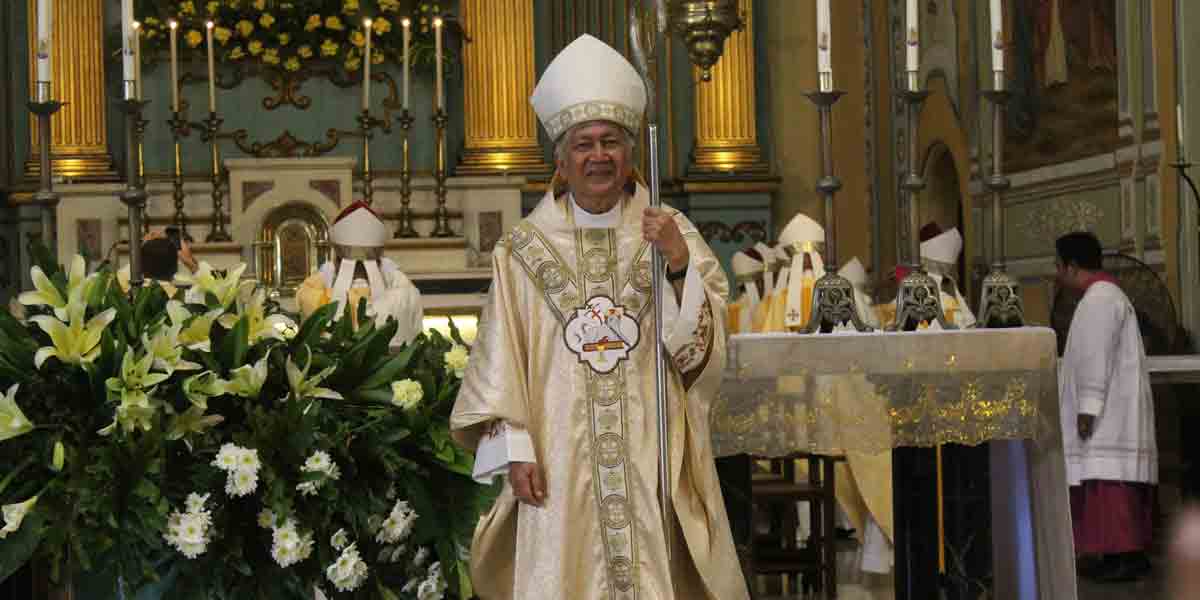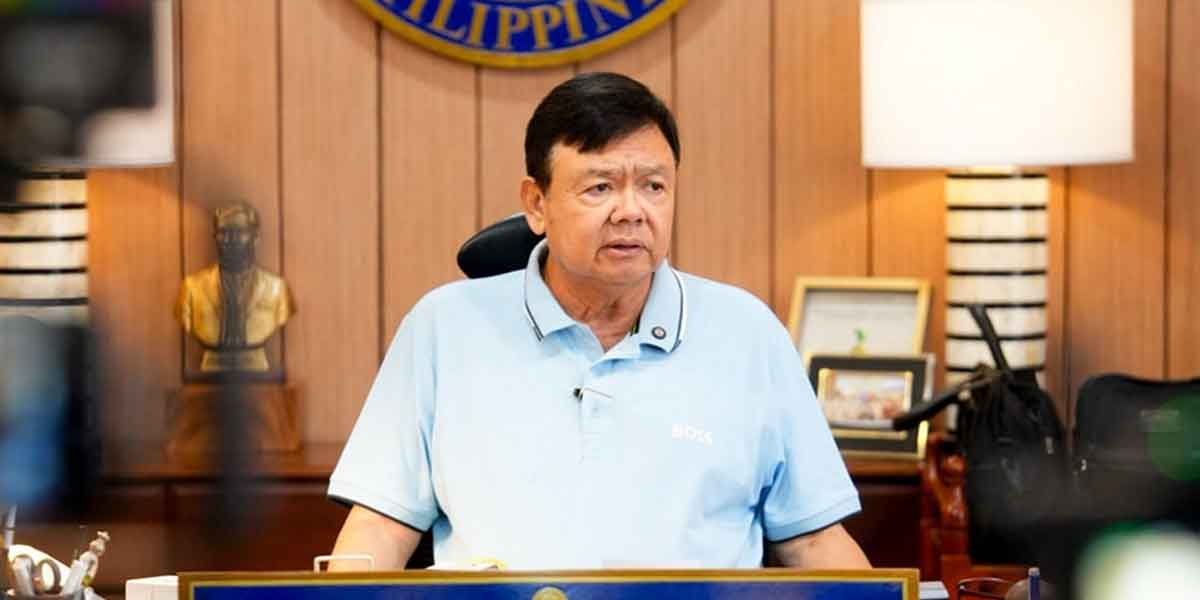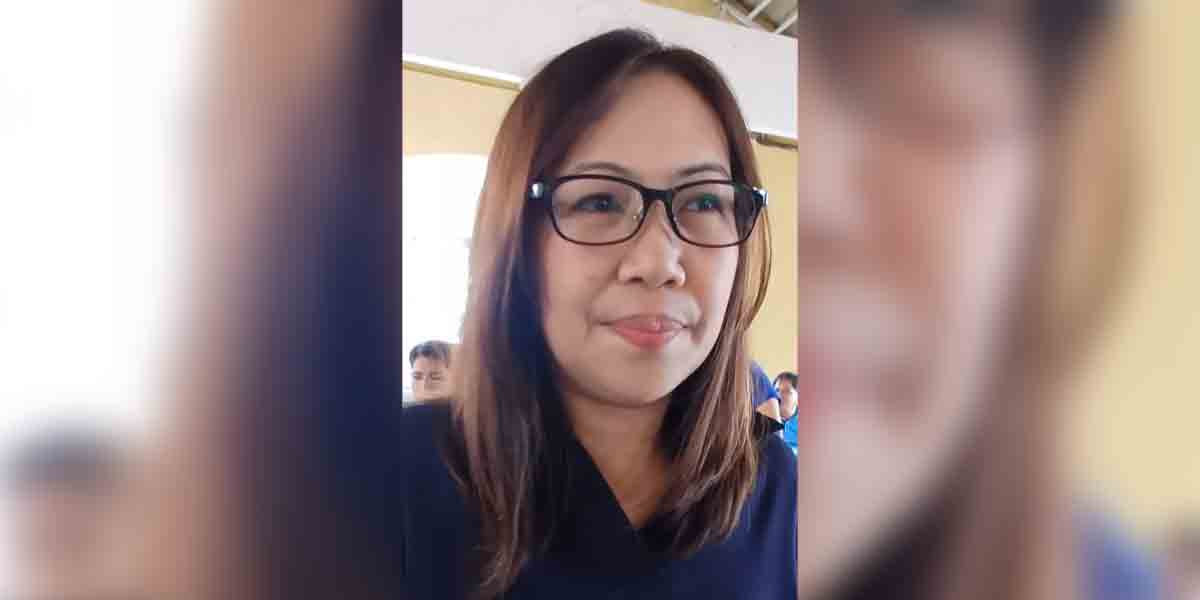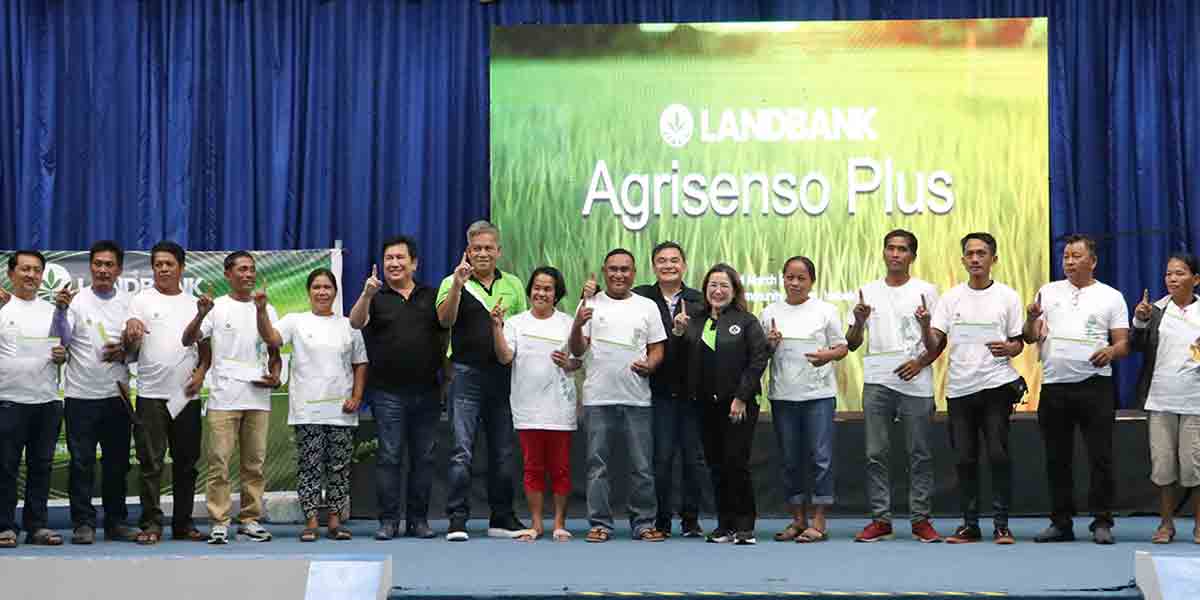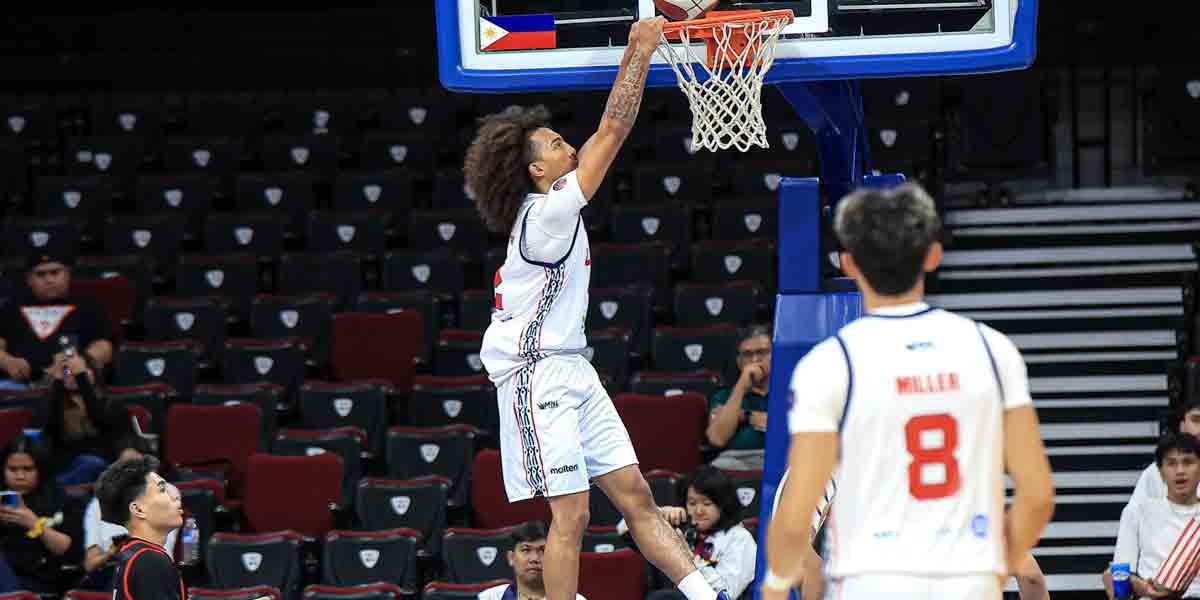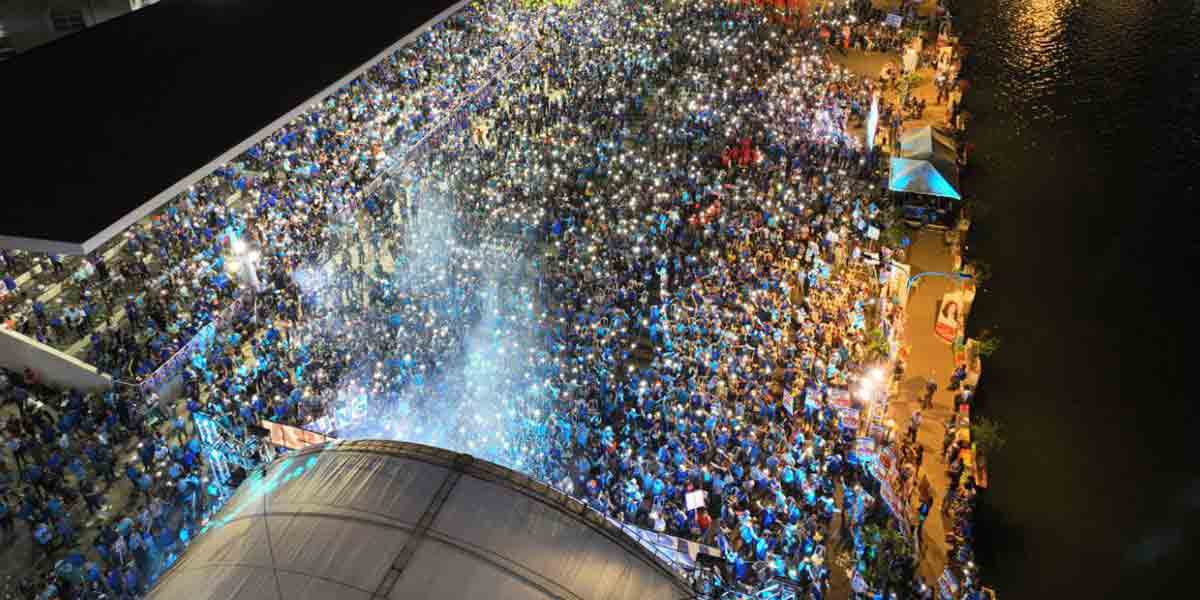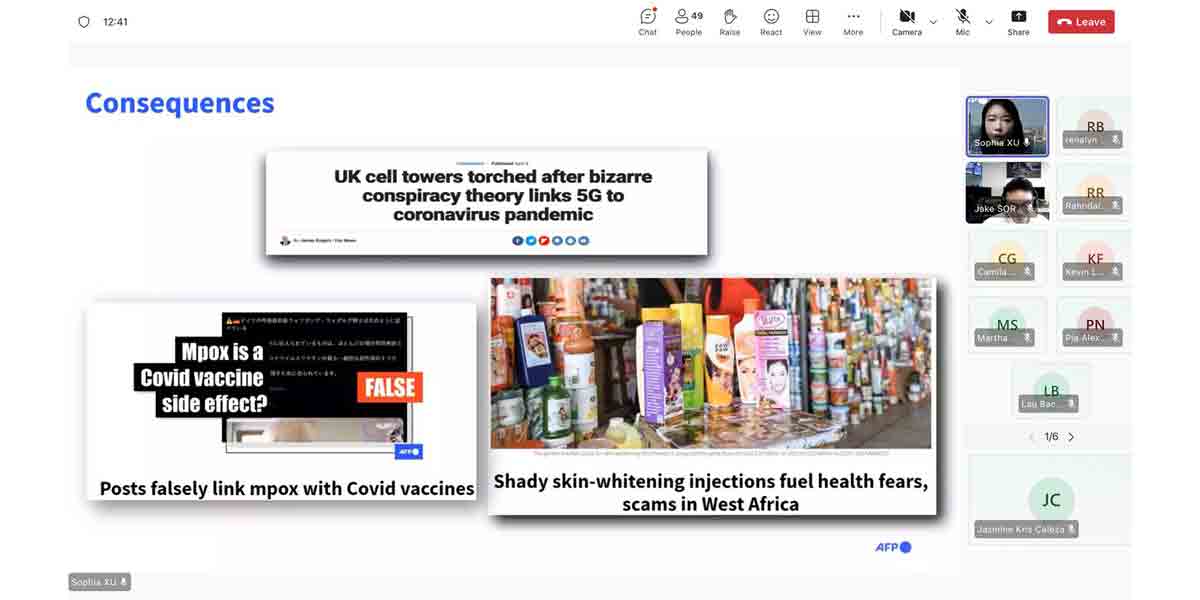By Fr. Shay Cullen
This is a story of the success and victory of Girly, a 15-year-old child that achieved justice by her clear testimony and won her case against her aunt that sold her to a foreign sex tourist to be raped. Last Tuesday, July 30, Judge Dorina S. Castro-Baltazar of the Family Court Branch 2 in Bataan declared her aunt Daday guilty of human trafficking and handed down a long prison sentence, a strong powerful example of the law at work fighting horrific crimes against children.
What worse crime is there against children than to lure, groom and force young teenage children into modern slavery to be sold as sex slaves, to be assaulted, and abused by older men to satisfy their lust and sexual fantasies, for money? This is the meaning of child sex trafficking, bringing a child to any other place to be sexually abused.
A recent study in 2023 showed that almost half a million Filipino children were trafficked by a quarter of a million adult exploiters making images of children being sexually abused. In fact, this is one child in every hundred that is abused in this way. Out of all trafficked persons, 27 percent are children.
This is a worldwide heinous crime and in the Philippines the perpetrators are seldom caught and convicted. They take the risk because the money to be earned is huge. The majority of human traffickers, I regret to say, are women. Sex tourism is a criminal business that is still thriving with the approval of local governments that issue operating permits and licenses to sex bars, resorts and hotels where much trafficking of minors occurs.
Girly was only 15 years old when her Auntie Daday began posting her photograph on social media over the internet. She was allowed to do it without restraint by the telecoms and Internet service providers who do little to block the human traffickers selling children for sex despite the law ordering them to block all such images. It appears that the telecoms consider themselves above the law.
Daday found a customer online. He came and stayed at a hotel in the Subic Bay Freeport and she picked up Girly after school one day and brought her from Pampanga to Subic Bay to the customer. Then, Daday gave Girly a pill and she felt sleepy and they brought her to a room to rest.
There, the sex tourist raped her. She was unable to resist. He paid Daday a large sum of money. Girly found five thousand pesos in her bag the next day. She hated being sold for sex and her parents were shocked and went to the police. The social worker saw that Girly was traumatized and referred her to Preda for therapy and healing. Prolonged therapy over several months is needed by the victims as their life, value system and self-identity are totally disrupted. Their trust in adults is broken and they are left in pain and suffering to live with the memory and trauma the rest of their lives.
They need professional care and help. In the Philippines, the government has no trauma recovery centers. Government social workers send most victims home without help to suffer in silence for the rest of their lives. They don’t understand how traumatized victims of trafficking and abuse are and how much they need psychological help and therapy.
Many government social workers prefer to refer the child to a foster home if they cannot be sent home due to parental abuse. Research shows that there is more child abuse in foster homes than anywhere else. Strictly supervised professional therapy centers that heal the emotional suffering of the child victims of human trafficking are needed and are essential in the Philippines. Sadly, there are very few therapeutic healing centers. Leaving rescued children to suffer without care, healing and justice is unethical and lacks understanding and compassion. Sending them home is just for a few weeks until they are trafficked again.
Sexual assault and rape are devastating to any person especially a child. They need protection, understanding, affirmation, support, therapy, and counseling in a peaceful location to recover and be helped to overcome the trauma and be empowered to start life anew. That is what is provided at the Preda home for abused children.
This is the psychological service and help that the senators and congressmen must consider to help abused and trafficked children.
When Girly was brought to the Preda home for girls, she was reluctant to stay. She missed her family but soon made new friends and felt welcome and affirmed. Then after two weeks, she asked to join the Emotional Release Therapy where she was able to fight back against her abuser and her aunt Daday. Girly released all her anger, pain and feelings of hatred by shouting and confronting her abusive aunt. She punched the cushions in anger for having being abused.
At the Preda home, she became self-confident and understood her rights and dignity and was strong enough to file a legal complaint against her aunt. Then, she became more empowered and revealed that she had been raped by an uncle when she was eight years old. She also filed a case against him. That is still pending. He had threatened to kill her parents if she told anyone. Now, she is not afraid to tell. This once shy, reserved, intimidated and fearful child was now a force to be reckoned with. She was all out to challenge and confront her abusers and win justice and she did.
Human trafficking is a crime against humanity. The human traffickers and their customers degrade and treat human beings as commodities to be bought and sold for forced labor, sexual slavery, exploitation and a life of suffering and deprivation in the power of traffickers. This we must oppose and work to free, heal and empower the child victims.
Preda is a registered, licensed and accredited non-government organization in the Philippines. It stands for People’s Recovery, Empowerment and Development Assistance (Preda) Foundation
